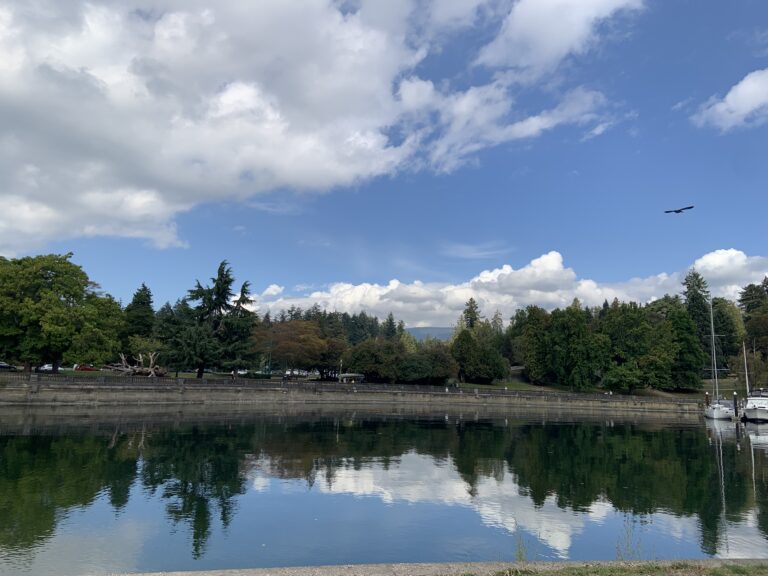Similar Posts
Peer Response Post # 3 – Dylan
I will respond to Dylan’s blog post #4 in this peer response post: EDCI 339 – Blog Post #4 Hi Dylan, Your post offers a compelling and thorough exploration of Open Pedagogy, highlighting its transformative potential in education. I particularly appreciated your breakdown of key attributes like collaboration, transparency, and student-centered learning, which emphasize the…
Peer Response Post # 1 – Dorsa
For this post, I am responding to my group member Dorsa Peikani’s Blog Post #1: Hi Dorsa, it’s great to learn about you and your journey as a third-year computer science student! I agree that distributed education significantly enhances accessibility, particularly for international students facing challenges like time zone differences. Your perspective on blended learning…

Blog Post # 1
About Me Hi Everyone, my name is Sherry and I am in my fourth and final year of the Health Information Science program at UVic. The Health Information Science profession, also known as Health Informatics, links the worlds of both technology and health care. I picked this course as one of my senior electives. Unlike…

Blog Post #5
Predictive Technologies and AI in Education Predictive technologies, particularly artificial intelligence (AI), are reshaping education by introducing tools that utilize predictive analytics to enhance teaching and learning processes. These innovations enable personalized learning experiences, streamline educational management, and optimize instructional practices. Some examples of AI tools used in education include: AI tools Description Example Intelligent…
Peer Response Post #1 – Dylan
For this response post, I have focused on Dylan Stevens’s blog post #1: Thanks for sharing your experience, Dylan! It’s great to hear how your journey at UVic has evolved, especially during such a unique and challenging time. Learning during the pandemic can be an unforgettable experience. I agree with your comparison of the pros…

Blog Post #3
Universal Design for Learning (UDL): UDL is a framework that fosters inclusivity by recognizing and addressing the diverse needs of learners. It promotes flexible teaching methods and materials that can be tailored to accommodate different student abilities and learning preferences. UDL is centered around three core principles: multiple means of engagement, representation, and expression. UDL…
